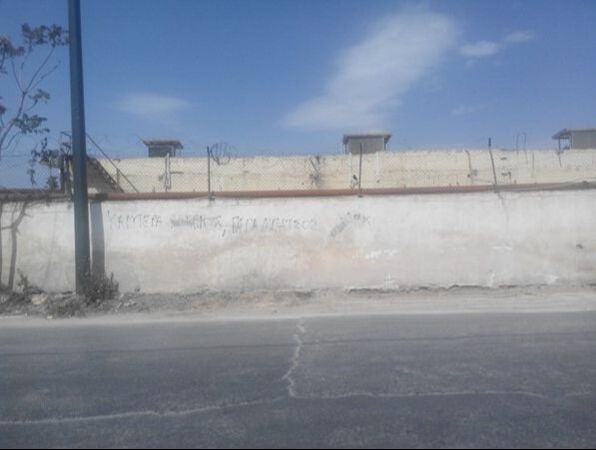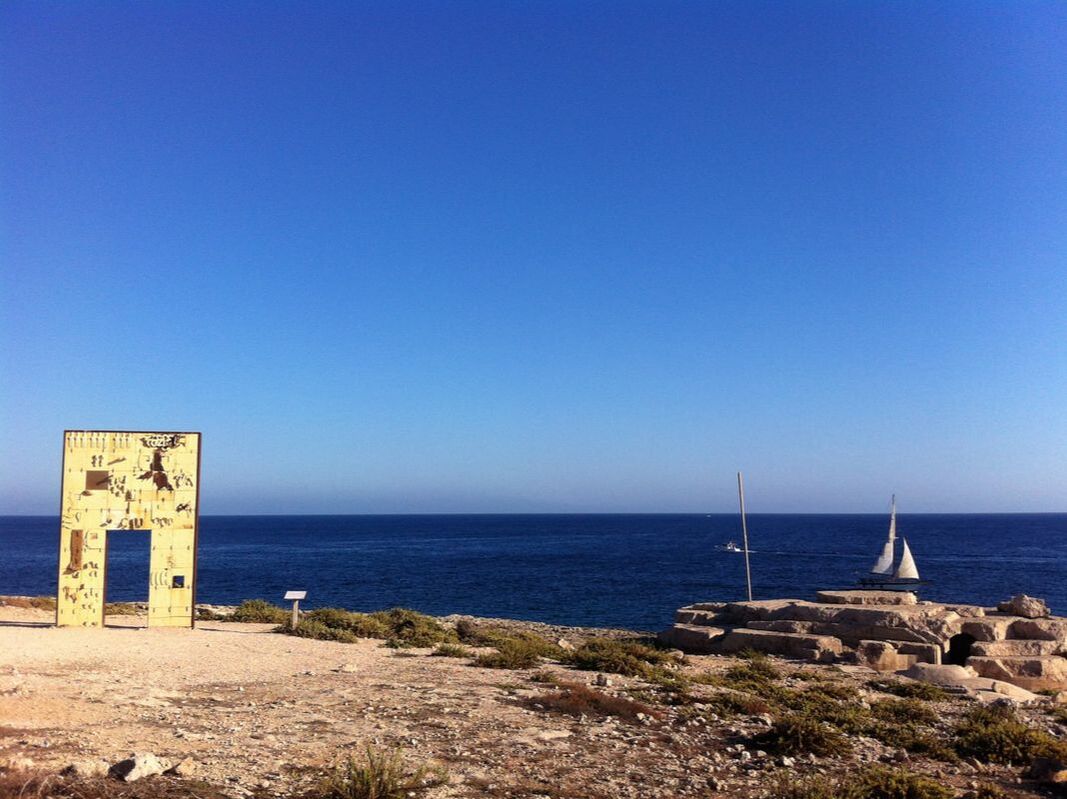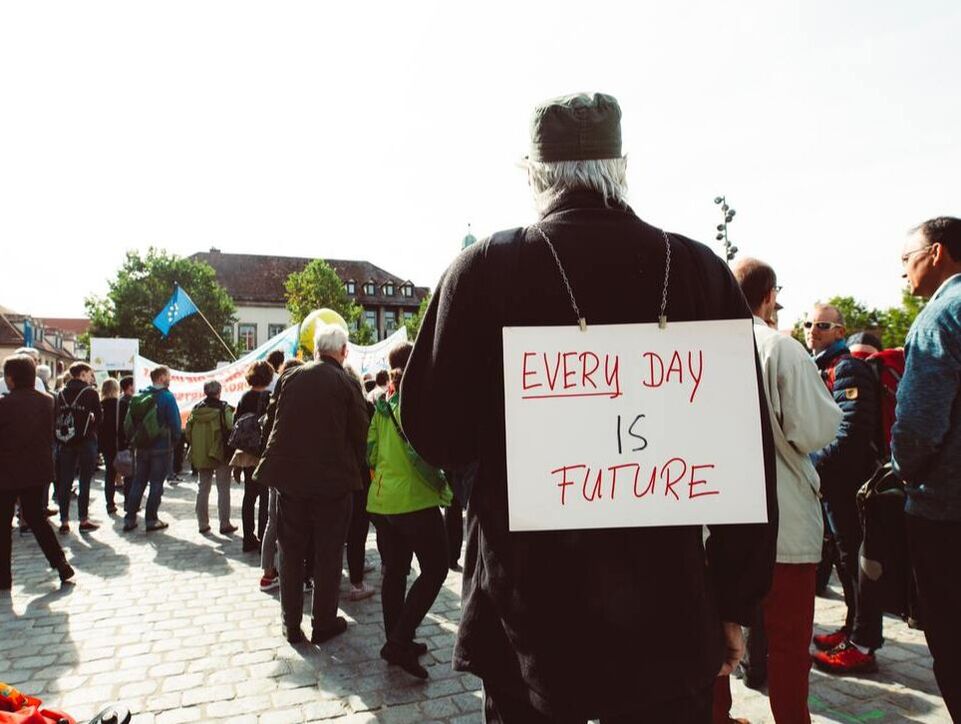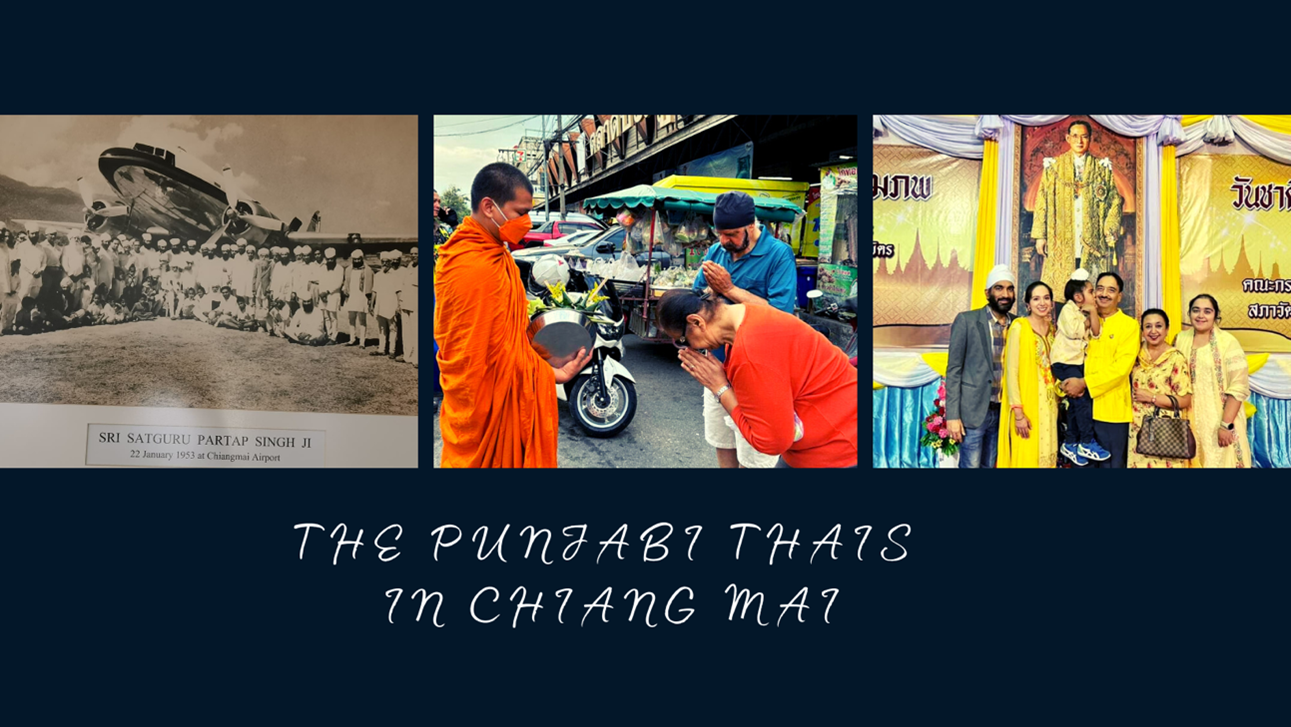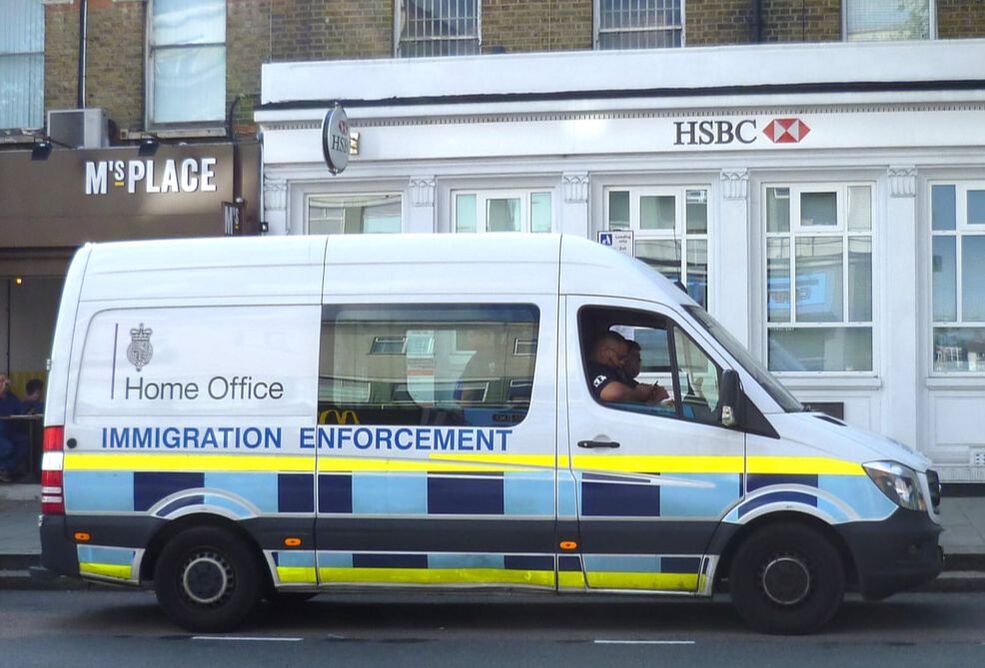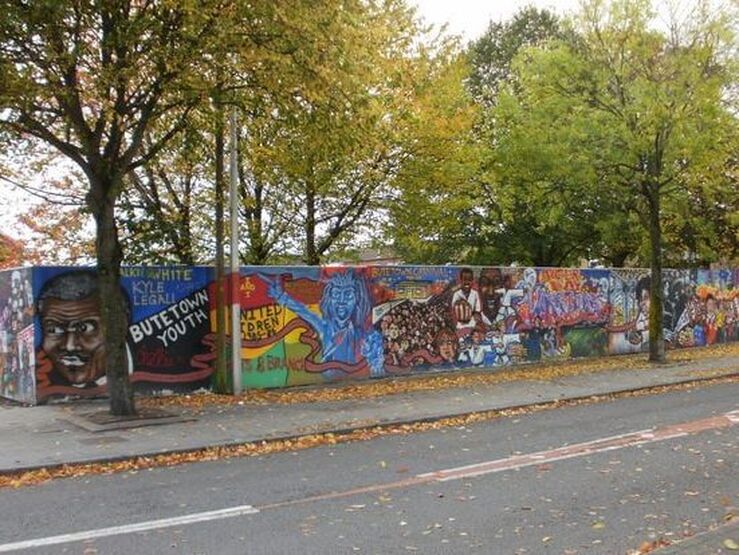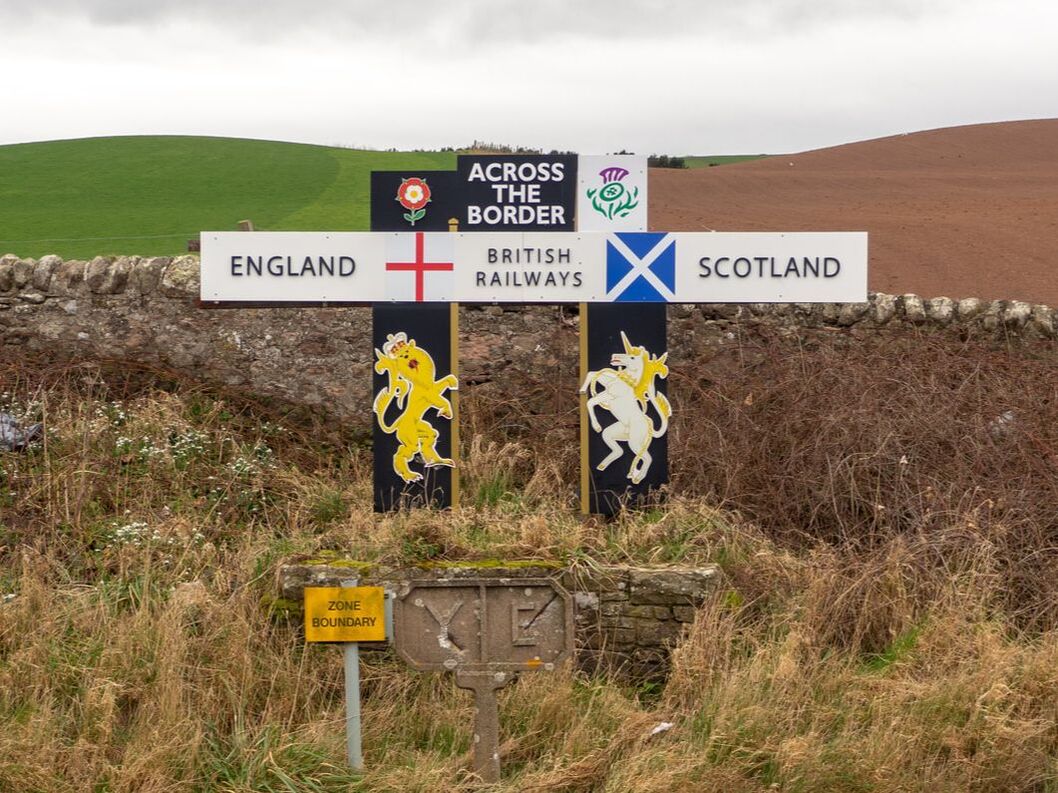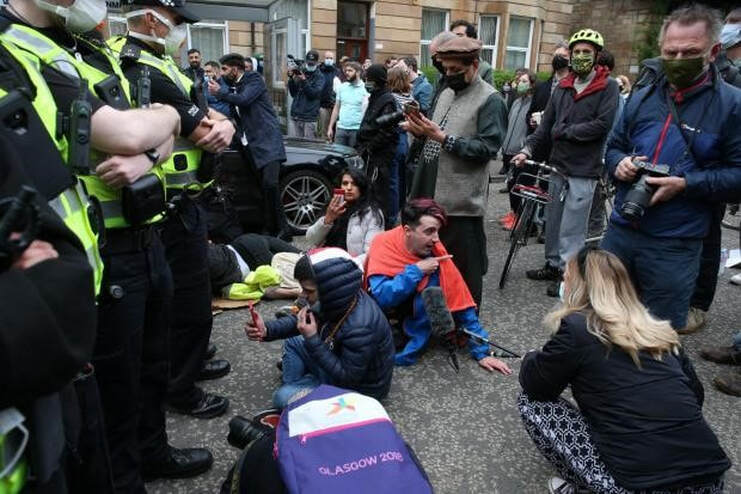|
|
|
Blog post by Anne-Iris Romens, University of Milan-Bicocca, Italy, and Francesca Vianello, University of Padua, Italy
In the context of the hardening of the political discourse, skilled migrations are presented as one of the few remaining acceptable ways of entering European countries. A recent example is the parliamentary debate in France regarding the adoption of the increasingly restrictive law on immigration, which further limits access to residence permits and social rights. Despite this rhetoric, the knowledge and skills of migrants are rarely valued in the job market. Migrants are mainly forced to accept jobs which enjoy little social recognition. Migrant women, in particular, tend to be confined to low-pay jobs in the care sector, including when they hold university degrees. These examples illustrate the ambiguity of the concept of ‘skills’. The notion works as a social marker according to which some bodies are marked as skilled, and others as unskilled, with class, racialization and gender having a significant impact. In this field, recruiters have a key role in defining whose abilities are to be compensated and whose are to be hidden.
0 Comments
Blog post by Ioana Vrabiescu, Vrije University Amsterdam, Netherlands
In my Identities article, ‘Detention is morally exhausting’: melancholia of detention centres in France’, I invite the reader to reflect on two main issues: the perceived role of the law and the legal system and how these perceptions are translated into the organization of migration control. The perception of the law as fundamental to the state practices allows people to continue working alongside the migration control apparatus despite their beliefs that the law is not perfect. The tension in this context lies in the interplay between the perceived fundamental role of the law in the functioning of the state and individual beliefs about a deficient legal system. Despite these beliefs, individuals continue to work in the migration control apparatus based on their understanding of the law's fundamental importance. Within the migration control apparatus, I chose migrant detention centres as those sites that best reflect these ethical frictions, resulting in an atmosphere of melancholia.
Blog post by Katerina Rozakou, Panteion University of Social and Political Sciences, Greece
During my research in Greece, which forms the basis of my Identities article, ‘Ambivalent feelings: ‘filotimo’ in the Greek migration regime’, I explored ambivalent feelings that police officers demonstrate in their encounters with migrants in various sites of migration governance. Between autumn 2014 and summer 2016 I did fieldwork with state and non-state actors involved in migration in registration, pre-removal migrant detention, and open reception centres in Athens and Lesvos. Police officers in Greece are notorious for their anti-migrant and racist attitudes, and migration governance sites are infamous for their poor conditions as numerous reports by human rights organizations illustrate (Amnesty International 2014, European Committee for the Prevention of Torture and Inhuman or Degrading Treatment or Punishment 2017, Greek Ombudsman 2019). At the same time, often police officers exhibit care towards migrants, providing them with medicine, food and other goods. This care is not a matter of individual exceptions in the dominant xenophobic police feelings but related to the culturally significant sentiment of ‘filotimo’ (love of honour) that police officers evoke. The ‘goodness’ and the acts of care that police officers exhibited towards migrants them as more than mere individual exceptions in an overall culture of neglect and dehumanization (though at times this may be the case). As I claim, this care very often coexisted with violence and xenophobia, and it resonated with nativist claims to morality and moral superiority that were contrasted to the demoralization of the state the police officers embodied.
Blog post by Bridget Anderson, University of Bristol, UK and Ioana Vrabiescu, Vrije Universiteit Amsterdam, Netherlands
The European Union presents itself as a global champion of human rights, yet its external borders are marked by hostility, surveillance and death. There is also an intricate network of borders within Europe that marginalizes and excludes migrants and asylum seekers. The vast majority of those excluded at the border and within Europe are people of colour. Two contemporary developments shape the context of our Identities Special Issue, Affective Control: The Emotional Life of (En)forcing Mobility Control in Europe – the global social movement for Black Lives and the COVID-19 pandemic. They have shaped conversations on structural racism and crisis-driven migration management and exposed the intersectionality of emotions and policies. For example, the invocation of national protection measures in the context of COVID-19 allowed European states to enforce border security under the guise of health protection, emphasizing the emerging pattern of governing migration through crisis management.
Blog post by Emiliana De Blasio, LUISS University, Italy, Marco Palillo, University of Bradford, UK and Donatella Selva, University of Florence, Italy
Over the last decade, the Mediterranean Sea has become one of the deadliest migration routes for asylum seekers and migrants wanting to reach Europe from Libya. In response to the high numbers of deaths associated with perilous journeys and dangerous smuggling strategies, numerous non-governmental organisations (NGOs) have been operating in the Mediterranean Sea to provide search and rescue (SAR) operations to migrant vessels in distress at sea. Over the years, the new centrality of NGOs’ humanitarian efforts in the Mediterranean Sea in the Italian public and media discourse has led to significant tensions with right-wing parties. Most notably, Matteo Salvini’s League and Giorgia Meloni’s Brothers of Italy have repeatedly criticised NGOs involved in SAR operations for facilitating irregular migration flows and defying Italian border control policies. Since its inauguration in October 2022, the newly installed government led by Giorgia Meloni has engaged in a series of clashes with NGOs running SAR operations in the Mediterranean Sea as part of the government’s hard-line stance on ‘illegal’ migration. In particular, Meloni’s government has promoted a new migration policy that introduces further restrictions on the capacity for NGO vessels to conduct multiple rescues in the same mission.
Blog post by Melanie Griffiths, University of Birmingham, UK
Political rhetoric around migration is often febrile. This has been especially evident in the UK in the last few years, with frequent talk of ‘crisis’ and ‘invasion’. Indeed, a government source in June 2023 described the small boats crossing the Channel as a ‘ticking time bomb’ threatening the UK’s social and economic security. Such discourse reflects an emotional turmoil of outrage and indignation, fear and panic, mistrust and repulsion. Alongside such splenetic rhetoric, however, the political response to irregular migration is also one of callous indifference and disregard. We see this lack of care demonstrated in the UK’s massive asylum backlog, with 170,000 asylum seekers now awaiting an initial decision. It is also reflected in the UK government’s plans to warehouse asylum seekers on boats and in military barracks, and to automatically banish new arrivals to Rwanda. These contradictory emotional displays act as a spectacle distracting from government failures to manage the immigration system effectively, but they have real-world impacts. This includes seriously and detrimentally affecting those navigating the immigration system, as well as wider societal impacts, with evidence of growing xenophobia and racially-motivated offences.
Blog post by Annavittoria Sarli, University of Birmingham, UK
Policy and media discourses in Italy refer to migration-related issues mostly in the language of emergencies, deviancy or alleged cultural threats. The everyday presence of ethnic minorities as a permanent constituent of society is rarely acknowledged. Such public discourse perpetuates a kind of socio-cultural immaturity, making it difficult for the population to accept growing diversity. ‘Italianness’, moreover, tends to be conceived as monoracial and monocultural. This idea of national identity drives an imagined net division between a monolithic national ‘us’ and ‘the others’ foreigners, who comprise both first generation migrants and their Italy-born descendants. It is an imaginary enshrined in the Italian law on citizenship, introduced in 1992 and never updated since then. Mainly based on jus sanguinis, it poses obstacles for migrant immediate decedents (MIDs) to become citizens of the country where they spent most of their lives.
As a team of international scholars with Czech and US origins living in Czechia and Austria, the 2015 ‘refugee crisis’ hit us in contrasting ways with regard to different regimes and their attitudes towards refugees from Syria and other Middle Eastern countries. While Czechia accepted just twelve refugees under the EU’s quota system, the Austrian public broadcasting station FM4 changed its jingle from ‘You're at home, baby’ to ‘Refugees, welcome’.
Seven years later, as we finalized work on our Identities article, ‘I always felt I have something I must do in my life’: meaning making in the political lives of refugee non-citizens’, the situation had somewhat reversed. In the spring of 2022, the streets of Prague were filled with Ukrainian flags, Czechia had accepted over 300,000 refugees in just a few months, and people became emotional regarding the war, while Austria, as a ‘neutral’ country and a non-member of NATO, was considerably more reserved.
Earlier this year, Home Secretary Suella Braverman announced she was not proceeding with multiple recommendations made by Wendy Williams’ public inquiry into the Windrush Scandal. The inquiry examined the Home Office’s adverse actions against people from the Windrush generation who predominantly migrated to Britain from the Caribbean between 1948 and 1973 (Gentleman 2019; Slaven 2022). Reports have detailed the profound effects on those directly impacted, revealing stories of individuals who were denied healthcare and welfare services, and in some cases were ripped away from their families; detained and even deported (Gentleman 2019; Williams 2020; Slaven 2022). The ensuing scandal thrust their treatment into the public consciousness and ignited a public uproar. Yet, as the scandal faded from media attention, we still have a limited understanding of the scandal’s broader impact on Britain's racialised communities, beyond those directly affected by the Home Office’s actions.
What does a Thai person look like? How do expectations about citizenship create an ethicized cultural phenotype? In our Identities article, ‘Turbaned northern Thai-ness: selective transnationalism, situational ethnicity and local cultural intimacy among Chiang Mai Punjabis’, we explore family histories, selective transnationalism and regional Lanna identities among Thai citizens with Punjabi heritage and selective cultural identity. This article argues that Punjabi Thais maintain their networks and cultural connections with a historic ancestral homeland, but they also cultivate forms of local cultural intimacy in ways which leapfrog the linguistic and cultural hegemony of Thai national identity. In other words, despite their non-Thai appearance, these Punjabi Thais have deeply local cultural knowledge, speak Northern Thai language fluently and have Northern Thai cultural sensibilities.
During the 2019 debates around the introduction of the EU Settled Status (EUSS), which regulates the rights of EU citizens in the UK after Brexit, Labour MP Yvette Cooper described the scheme as a potential ‘Windrush on steroids’. The reference was to the ‘Windrush generation’ scandal, in which Commonwealth citizens, who arrived in the UK with a permanent right to stay, were classified as unauthorised migrants, deprived of the right to work, rent or access welfare, and in some cases deported. The Windrush generation scandal has focused on people who arrived from the Caribbean, and the publicly known cases and data on compensation applications show that Jamaica has been the single most common country of origin. However, it is not possible to determine precisely the extension and geographical profile of the scandal, also because of the initial refusal of the Home Office to review historical cases beyond the Caribbean to identify potential unjust treatments.
The Windrush generation scandal is mainly the result of the ‘Hostile Environment’ policy, which extends and multiplies controls of migratory status. As the Hostile Environment encourages targeting racialised groups, it can be seen as a continuation of the racism to which the Windrush generation has been subject since their arrival in the UK. The ambiguous status of those Commonwealth citizens – who arrived with British passports but less rights than the British-born, and the limited documentation of their status, made them further vulnerable to the injustices they underwent. The argument of the critics of the EUSS is that, as the status does not come with a physical document, and is digital-only, this endangers EU citizens in the UK to be in the future miscategorised and mistreated as happened with the Windrush generation. In my recent article for Identities, ‘The vulnerability of in-between statuses: ID and migration controls in the cases of the Windrush generation scandal and Brexit’, I use several documentary sources and interviews with EU citizens in the UK and British citizens in Belgium to explore the degree to which Brexit and the Windrush generation scandal pose similar questions in terms of ID and legal status.
On 7 March 2023, UK Home Secretary Suella Braverman, escalating the rhetoric on and punitive approach to migration, asylum and refugees, announced the ‘Illegal Migration Bill’ and strategy to stop migrants crossing the Channel in small boats by arresting, detaining, deporting and banning those caught. In response, former football player and BBC Match of the Day (MOTD) Presenter Gary Lineker tweeted that it is ‘an immeasurably cruel policy directed at the most vulnerable people in language that is not dissimilar to that used by Germany in the 30s’. The tweet led to a backlash in which responses ranged from the claim that he was operating beyond his remit as a sport presenter (as if they have not had to discuss racism and nationalism before), that he was in breach of the BBC’s impartiality rules, and that the comparison was unhelpful. Keir Starmer, Leader of the opposition Labour Party stated: ‘I think comparisons with Germany in the 1930s aren’t always the best way to make one’s argument’. Others took offense and expressed shock that anyone could associate Britain and the current government with the lead up and precursors to Nazism and the Holocaust. Some claimed that Lineker actually referred to these explicitly in his tweet, which he did not. Former Conservative MP for Stoke-on-Trent Jonathan Gullis claimed that Lineker was calling ‘people up here’, referring to Northern ‘Red Wall’ voters, which Starmer and Labour are also targeting with anti-immigration rhetoric, ‘racist bigots, Nazis’. According to Matthew Goodwin, Lineker’s comments are an example of how out of touch the ‘new elite are from the majority of the ‘people’ from the ‘Red Wall’ to ‘Tory Shires’, and particularly those at ‘the bottom’: ‘the white working class, straight men, non-graduates, and those who cling to more traditionalist views, such as supporting Brexit’.
From the institutions to the streets: the role of emotions in Barcelona’s migration control8/3/2023
In her essay The Cultural Politics of Emotions, Sara Ahmed raises the question: ‘What do emotions do?’, implying the social circulation of emotions. Even if felt by each individual in a unique way, emotions are addressed collectively, creating affective connections which in turn craft social realities.
There is a diverse range of institutions and practices that make up migration control in Barcelona. Despite the claim that it is governed by the rule of law, where there is no room for subjective or accidental decisions, emotions play a key role. What do a practitioner employed by a municipal institution in charge of migrant inclusion and a person categorized as a migrant with precarious legal status share, when they meet face to face? They do not know each other and they have never met before, but a bond is assumed to be created between them. They find themselves in an unequal power relationship, since the institutional practitioner has the power to decide through their intervention on the fate of their interlocutor. What is left in this connection which is not direct or spontaneous, but rather mediated by protocols and paperwork, and in which each person already has an assigned role which he/she plays or contests? I tried to answer these questions in my Identities article, ‘Back in order’: the role of gatekeepers in erecting internal borders in Barcelona’, exposing the role of emotions in migrants’ control in urban space, what I understood as a bordering practice.
The Facebook group for my local area in Manchester generally has messages about missing cats and people looking for recommendations for plumbers. But there are also messages asking ‘what is it like to live in the area’ from people thinking of moving there. This is a very ethnically mixed, relatively deprived area which has an equally mixed reputation. The responses to the queries often refer to reputational issues – and ones of history, suggesting that the area has/has not changed over time. The live nature of histories of place and the ways in which stories about places are frequently racialized is what colleagues and I were concerned with in our recent Identities article, ‘Histories of place: the racialization of representational space in Govanhill and Butetown’. We were interested in considering the racialized nature of Henri Lefebvre’s[1] conceptualizations of spatial tactics, representations of space and representational space – including in the way they are marked by the past.
We examined interviews with local activists, community representatives and professionals working in the areas of Butetown in Cardiff and Govanhill in Glasgow which were part of a study of the dynamics of ethnic inequalities for the Centre on the Dynamics of Ethnicity (CoDE). Both areas have long histories of immigration and, as representational spaces, have often been highly racialized. They have been shaped by industrialization, empire, de-industrialization and then some subsequent regeneration.
Migration enforcement is accompanied by emotions expressed by various actors – including the broader public, politicians and those targeted by practices such as deportation and detention – but also those of bureaucrats who implement policies. Emotions are addressed towards or expressed against a multitude of groups, such as asylum seekers or migrants with precarious legal status, as well as police officers and administrative and non-governmental staff.
Studying emotions directed at different groups uncovers, on the one hand, the intricate and complex network of actors working within the field of migration enforcement, both new and old. On the other hand, it presents the researcher with a density of relations that, as I argue in my Identities article, ‘Tracing the circularity of emotions in Swiss migration enforcement: organizational dissonances, emotional contradictions and frictions’, can be analyzed through a focus on emotions, thus advancing our understanding of statecraft and organizational construction.
We recently published our research about a potential rise of anti-Scottishness in England, post-Brexit, in Identities. This wasn’t originally the article we intended to write. We actually started off by exploring Scotland’s population challenges – a negative rate of natural change, an ageing population and population growth reliant on inward migration – issues which other Western countries are wrestling with. For Scotland, there is the added complication that the country has no control over migration as this is reserved to Westminster, and the present Conservative government is, in any case, committed to reducing the numbers coming to the UK.
So how did we come to write ‘Indifference or hostility? Anti-Scottishness in a post-Brexit England’? In the best academic traditions, we had begun by undertaking research with returning members of the Scottish diaspora – individuals who may have been born and educated in Scotland but who had been living and working elsewhere. Some had begun to move back to Scotland, suggesting that, for these individuals and families at any rate, their economic or personal circumstances were encouraging a homeward move.
In January 2019, the news broke that women ‘rescued’ by the British government’s Forced Marriage Unit (a joint Foreign and Commonwealth Office and Home Office initiative) were being made to pay for the costs of their protection. If they were unable to pay outright, they had to agree to sign up to a loan, usually in the region of £700, to cover the costs of food, flights and accommodation. Their passports were confiscated and held until the loan had been repaid in full (Guardian, 2 January 2019). There is much to be said regarding the implications of this policy in relation to the government’s vocal concern about coercive cultural practices, and the matter of the passport seized as collateral for an involuntary debt requires particular attention. In ‘saving’ women from being taken from the UK against their will, the state then ensures that they are unable to leave the UK.
The Forced Marriage Unit thus ‘liberates’ women from situations in which passports are routinely seized as a means of control (such as by family members attempting to prevent women from fleeing a forced marriage) by using precisely the same mechanism of immobilisation. Further, while British state institutions tend to present forced marriage as an adherence to (anachronistic) cultural norms, they also critique its underlying economic or practical motivations, with marriage to a UK national aiding in access to residency and citizenship. As such, forcing women into debt in order to avoid an unwanted marriage appears to collude with, rather than contest, the notion that a woman’s value is primarily financial: whether being forced into marriage or ‘rescued’ by the state, she must earn her keep.
I’d just handed the baby over to my partner after the breakfast shift last Thursday morning when a friend messaged me. Activists had tweeted that an immigration enforcement raid on Kenmure Street in Pollokshields was being blocked by local people. My friend lives on the other side of town, but I live round the corner. ‘On way’, I replied. I pulled some trainers onto my bare feet, told my partner what was happening, and left the house.
The van was parked in front of another friend’s flat. 'IMMIGRATION ENFORCEMENT', with the targets of the raid inside. Ringed by police officers facing out, surrounded by protestors facing in. (I didn’t know until later that someone was lying under the van to stop it moving.) My friend was there at the front, face mask on, talking sharply to the police. His partner, nine months pregnant and with the home birth team on call, came out later with their two-year-old. Not that the home birth team would have been able to get through: police vehicles already blocked the street in both directions, up and down the block. I took a picture of the immigration enforcement van and the ring of police, and tweeted it. People on Twitter immediately noticed the black-and-white union jack with a ‘thin blue line’ down the middle that one of the officers was wearing.
Around 9.30am on Thursday 13 May I checked my phone for messages, as I was about to start making preparations for Eid dinner later that evening. One of the No Evictions Network activists had posted a photo of an immigration enforcement van in Kenmure Street in Pollokshields and said that he was going to investigate what was happening, and asked others in the network to come down to support him. As more and more members of the network arrived, it transpired that immigration officers had raided the home of two men, Sumit Sehdev and Lakhvir Singh, and put them in the van. The immigration van couldn’t leave because it was surrounded by activists, and one of them had got under the van (and would stay there for eight hours to ensure it wouldn’t go anywhere). Activists reported that Police Scotland were helping immigration officials by trying to persuade the activists to disperse. In solidarity, thousands of Pollokshields locals as well as people from across the city gathered to prevent this immigration raid. The two men, both migrants from India, were eventually released.
Throughout the day I was reading news reports and comments on social media about how friendly and welcoming the people of Glasgow are to newcomers, as if that was enough explanation for the overwhelming solidarity against this particular immigration raid. Whilst Glasgow has a reputation for being friendly, it also has a history of racism going back to the days of empire and the attacks on black seamen in 1919. I also read reports crediting the release of the two men to the actions of individual activists. This is mistaken. |
|
Explore Identities at tandfonline.com/GIDE |
|
The views and opinions expressed on The Identities Blog are solely those of the original blog post authors, and not of the journal, Taylor & Francis Group or the University of Glasgow.


